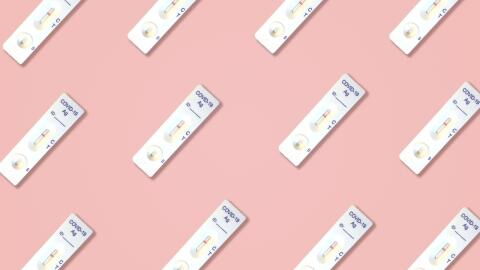While some vaccines are in phase three of clinical trials, scientists are not content with leaving it at that. Many continue to work to developever more efficient and rapid methods of detecting the virus. And it may well be that in a little while, an app on your smartphone will be enough. This is thanks to work being done at MIT (Massachusetts Institute of Technology).
Discover our latest podcast
Cough on your phone
MIT has published work in an article in the IEEE Journal of Engineering in Medicine and Biology. In it, the researchers explain that they have developed an artificial intelligence that can detect coronavirus-positive people through recordings of their coughs. The audio samples collected could show differences between healthy and infected people. They would be undetectable to the human ear but perfectly detectable by this AI. In fact, it succeeded in diagnosing 98.5% of the participants who then tested positive for Covid-19. And the accuracy rises to 100% in asymptomatic cases.
A potential revolution
The team is actively working to ensure that this AI can be integrated into a free app. The latter will then have to be approved by the FDA (Food and Drug Administration). If so, it would be an effective and non-invasive tool for identifying asymptomatic cases. Every day, people could open the app, record their cough, and find out if they might have contracted the virus and then go for testing to be sure.
Brian Subirana, co-author of the study, said:
The implementation of this group diagnostic tool could reduce the spread of the pandemic if everyone uses it before going to school, to work, or to a restaurant.
On the basis of another project
This AI was first developed to see if it was possible to detect Alzheimer's, also through forced cough recordings. Although it may seem odd, this disease is not only responsible for memory loss, it also causes neuromuscular disorders which can weaken the vocal cords.
The researchers collected 70,000 new cough samples to supplement the 200,000 they already had. These were recorded by volunteers who also had to answer a questionnaire. After studying all this data, the scientists did find some similarities. This is how they came to conceive of this artificial intelligence.















